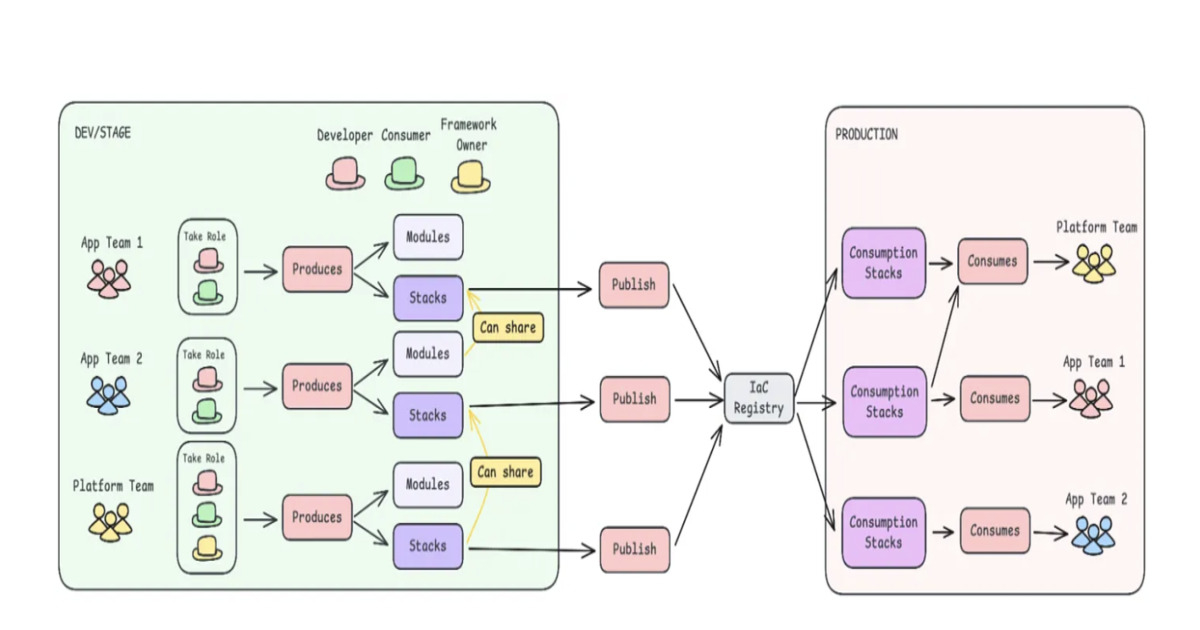Codetown
Codetown ::: a software developer's community
My bud Matt Raible blogged about reading a Scala book and I mentioned Stuart Holloway's "Programming Clojure"
Good question. Eric Lavigne said a few things about Clojure that caught my attention:
"My knowledge of Groovy and Scala are very limited, but here are my impressions relative to Clojure.
Scala seems like a good programming language. Its static typing reduces its flexibility compared to Clojure, but may still be a good deal because it helps with catching errors more quickly. Scala also has been around longer than Clojure, and has used that time to develop more sophisticated libraries than are available for Clojure right now. So why is Clojure still worth learning? Scala gets much of its flexibility from having a lot of features built into the language. Clojure has a small number of language features that are carefully chosen to work well together. The result is a language that is both very flexible and very easy to learn.
One of the design goals of Groovy was to be compatible with Java code, but providing some extra features, just as C++ was designed to be compatible with C. This is a good thing if you have a lot of Java code that you want to migrate, or if you are uncomfortable with learning something new. However, Java is inflexible and overly complicated, and trying to maintain compatibility with Java prevented Groovy from being much better than Java. I quickly lost interest in Groovy so it's possible that I missed something - I would love to hear what advantages Groovy has compared to Scala or Clojure."
There's a Clojure group on the web and this spawned a discussion there entitled "Matt Raible: "Why is Clojure better than Scala or Groovy?"
Let's discuss this!
I am going to take another look at Eric's Clojure code that won the CodeTown Coding Contest #1 on Wari. It's a great way to see how things wrk from a practical perspective. The Compojure web framework is also something I want to see... Stay tuned!
Tags:
Replies to This Discussion
Notes
Welcome to Codetown!
 Codetown is a social network. It's got blogs, forums, groups, personal pages and more! You might think of Codetown as a funky camper van with lots of compartments for your stuff and a great multimedia system, too! Best of all, Codetown has room for all of your friends.
Codetown is a social network. It's got blogs, forums, groups, personal pages and more! You might think of Codetown as a funky camper van with lots of compartments for your stuff and a great multimedia system, too! Best of all, Codetown has room for all of your friends.
Created by Michael Levin Dec 18, 2008 at 6:56pm. Last updated by Michael Levin May 4, 2018.
Looking for Jobs or Staff?
Check out the Codetown Jobs group.
InfoQ Reading List
Google Launches Automated Review Feature in Gemini CLI Conductor

Google has enhanced its Gemini CLI extension, Conductor, by adding support for automated reviews. The company says this update allows Conductor "to go beyond just planning and execution into validation", enabling it to check AI-generated code for quality and adherence to guidelines, strengthening confidence, safety, and control in AI-assisted development workflows.
By Sergio De SimoneFrom Central Control to Team Autonomy: Rethinking Infrastructure Delivery

Adidas engineers describe shifting from a centralized Infrastructure-as-Code model to a decentralized one. Five teams autonomously deployed over 81 new infrastructure stacks in two months, using layered IaC modules, automated pipelines, and shared frameworks. The redesign illustrates how to scale infrastructure delivery while maintaining governance at scale.
By Leela KumiliGoogle Publishes Scaling Principles for Agentic Architectures

Researchers from Google and MIT published a paper describing a predictive framework for scaling multi-agent systems. The framework shows that there is a tool-coordination trade-off and it can be used to select an optimal agentic architecture for a given task.
By Anthony AlfordGoogle Cloud Brings Full OpenTelemetry Support to Cloud Monitoring Metrics

Google Cloud recently unveiled broad support for the OpenTelemetry Protocol (OTLP) in Cloud Monitoring, marking a step toward unifying telemetry collection across its observability stack.
By Craig RisiAWS Launches Agent Plugins to Automate Cloud Deployment

AWS launched Agent Plugins for AWS, providing AI coding agents with specialized deployment skills. The initial deploy-on-aws plugin transforms workflows by accepting commands like "deploy to AWS" and generating complete pipelines with architecture recommendations, cost estimates, and infrastructure code. Supported in Claude Code and Cursor, AWS claims 10-minute deployments versus hours manually.
By Steef-Jan Wiggers
© 2026 Created by Michael Levin.
Powered by
![]()